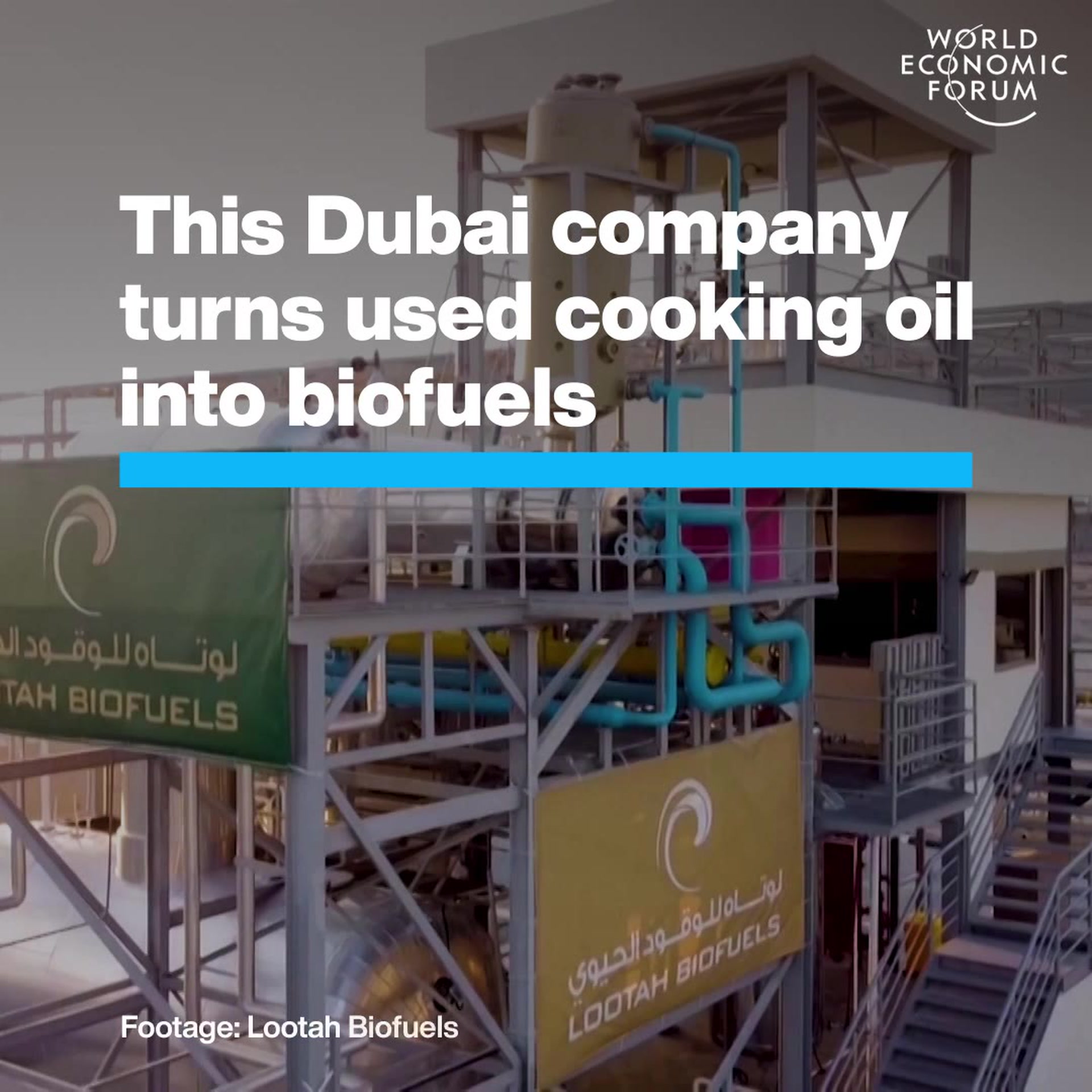5 surprising ways Formula 1 is changing the world

Formula 1 systems and innovations are being used in surprising ways. Image: Racontuer

Get involved with our crowdsourced digital platform to deliver impact at scale
Stay up to date:
Emerging Technologies
- Formula 1 systems are being used in settings including hospitals, supermarkets and factories.
- Applications range from patient safety to toothpaste production.
- Cross-sector collaboration is key to fuelling innovation.
- The F1 season concludes with the Abu Dhabi Grand Prix on 13 December.
The perfect Formula 1 pit stop takes less than 2 seconds.
It’s an astonishing speed for a process that can involve more than 20 people, including tyre carriers, tyre changers, jack crew, car stabilizers and the ‘lollipop man’, who flags the driver in and out of the pit stop and oversees the whole process.
As the 17-race season speeds towards its conclusion with the Abu Dhabi Grand Prix on 13 December, what can the wider world learn from its meticulously choreographed team work and other solutions?
By collaborating with other industries and disciplines, Formula 1 systems and innovations are now in use in surprising ways. Here are just a few...
1. Improved patient safety
When Britain’s Great Ormond Street Hospital for Children wanted to lower the risk of moving patients from its operating room to the intensive care unit (ICU), it asked the Ferrari Formula 1 team for help.
“The doctors saw [the Formula 1 pitstop process] as analogous to the team effort of surgeons, anaesthetist, and ICU staff to transfer the patient, equipment, and information safely and quickly from operating room to ICU,” explain the authors of Benchmarking for Hospitals: Achieving Best-in-class Performance Without Having to Reinvent the Wheel.
After reviewing a video of the Great Ormond Street process, the Ferrari Formula 1 team suggested a new handover protocol with more sophisticated procedures and better coordinated teamwork. As a result, the hospital reported improved patient safety and a reduction in error rates from 30% to 10%.
How UpLink is helping to find innovations to solve challenges like this
2. Saving lives
McLaren Group was one of more than 5,000 businesses answering the UK government’s call to help produce more than 14,000 ventilators during the coronavirus pandemic.
As part of the VentilatorChallengeUK consortium – a group of major industrial, technology and engineering businesses from across the aerospace, automotive and medical sectors – McLaren manufactured 100,000 individual components in 10 weeks. This helped to accelerate ventilator production from 50 a week to 200 a day.
The effort involved McLaren’s three businesses, including McLaren Racing, home of the Formula 1 team, in collaboration with consortium partners including Dell and Unilever.
3. Greener fridges
British supermarket group Sainsbury’s uses energy-saving technology co-designed by part of the Williams F1 Group to make its store fridges more efficient.
“Initially created to divert air over and around race cars to allow them to maximize performance, in store it helps prevent cold air from leaving the cabinet, directing it back into the fridge,” Sainsbury’s explains.
The chain has fitted 400,000 of the Aerofoils to its fridges since 2017, reducing energy use by 15% and saving almost 9,000 tonnes of carbon a year. There are a million Aerofoils in the UK.
The technology has been created by Aerofoil Energy, a technology company based in Cheshire, England, and Williams Advanced Engineering, a technology and engineering services business that is part of the Williams F1 Group.
4. More toothpaste
McLaren’s pit stop efficiency is speeding up production of toothpaste for British pharmaceutical firm GlaxoSmithKline.
To minimize downtime when switching production from one product to another, “whilst retaining and improving safety and quality”, McLaren analyzed GSK’s teams and equipment.
Subsequent improvements cut changeover time from 39 minutes to 15 minutes, allowing the factory to fill an extra 6.7 million tubes of toothpaste a year.
McLaren’s engineers and GSK’s scientists are also collaborating to better analyze, interpret and present the wealth of data created as part of GSK’s global research and development operation.
5. Better transport
Public transport is also benefiting from the efforts of F1 teams. McLaren Applied Technologies, which applies technology to solve challenges in sectors including health, public transport and automotive, is using F1-derived technology to develop 5G infrastructure for connected road, rail and underground transport.
Connectivity and a highly reliable infrastructure are key factors as autonomous vehicles become more common and must communicate with each other to keep safety measures intact.
“On the road, vehicle data rates are set to climb as enhanced entertainment capabilities, more sensors and self-driving cars become widespread,” says Paul Spence, Chief Technologist at McLaren Applied.
“5G has a crucial part to play in the future of autonomous vehicles."
Don't miss any update on this topic
Create a free account and access your personalized content collection with our latest publications and analyses.
License and Republishing
World Economic Forum articles may be republished in accordance with the Creative Commons Attribution-NonCommercial-NoDerivatives 4.0 International Public License, and in accordance with our Terms of Use.
The views expressed in this article are those of the author alone and not the World Economic Forum.
Related topics:
The Agenda Weekly
A weekly update of the most important issues driving the global agenda
You can unsubscribe at any time using the link in our emails. For more details, review our privacy policy.
More on Emerging TechnologiesSee all
Juliana Guaqueta Ospina
April 11, 2024
Nikolai Khlystov and Gayle Markovitz
April 8, 2024
Simon Torkington
April 8, 2024
Victoria Masterson
April 4, 2024
Gareth Francis
April 3, 2024








